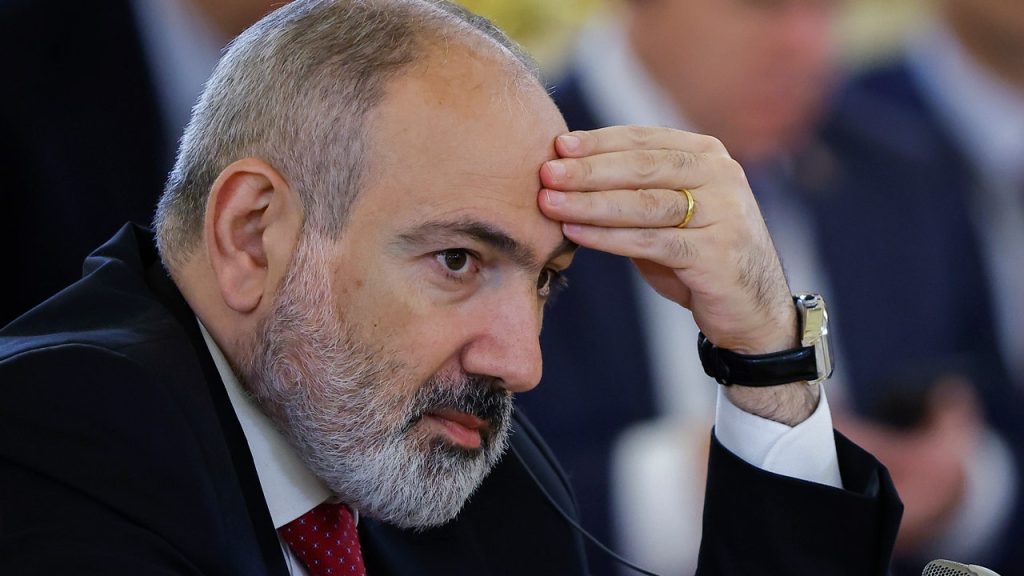Armenia’s Prime Minister, Nikol Pashinyan, visited Moscow to hold talks with Russian President, Vladimir Putin, amid escalating tensions between the two allies. The meeting took place following a summit of the Eurasian Economic Union, a Moscow-dominated economic alliance, in which both leaders participated. These discussions came on the heels of Putin’s inauguration for his fifth term as Russian President.
During the talks, Putin acknowledged that while bilateral trade was growing, there were some concerns regarding security in the region. Pashinyan, who last visited Moscow in December, noted that certain issues had arisen since then. The strained relationship between Armenia and Russia escalated after Azerbaijan launched a military campaign to reclaim the Karabakh region in September, ending decades of Armenian separatist rule. Armenian authorities accused Russian peacekeepers deployed to Nagorno-Karabakh of failing to prevent Azerbaijan’s offensive, a claim that Moscow denied.
Tensions between Armenia and Russia have been further exacerbated by Pashinyan’s efforts to strengthen ties with the West and distance Armenia from Russia-dominated security and economic alliances. For example, Armenia recently announced its decision to stop paying fees to the Collective Security Treaty Organization, a Russia-dominated security pact. Additionally, Armenia’s decision to join the International Criminal Court, which indicted Putin for alleged war crimes in Ukraine, has caused further friction between the two countries. Despite these differences, the Kremlin has expressed a willingness to continue dialogue with Armenia.
While Russia has publicly expressed concerns about Armenia’s moves towards the West, which have included seeking closer ties with the European Union and NATO, the Kremlin has attempted to downplay the rift. Kremlin spokesman Dmitry Peskov acknowledged that there were challenges in the bilateral relationship but emphasized that there was a political will to continue the dialogue. The situation is further complicated by Russia’s involvement in the ongoing conflict in Ukraine, which has entered its third year.
Overall, the talks between Pashinyan and Putin underscore the complexities of Armenia’s relationship with Russia and its attempts to balance ties with both Moscow and Western allies. The meetings come at a time of heightened tensions between the two countries, particularly in the aftermath of the conflict in Nagorno-Karabakh. As Armenia seeks to assert its independence and pursue closer relations with Western nations, it must navigate a delicate diplomatic balancing act with Russia, its longstanding ally and sponsor. The outcomes of these discussions may have far-reaching implications for the future of Armenia’s foreign policy and its regional alliances.


